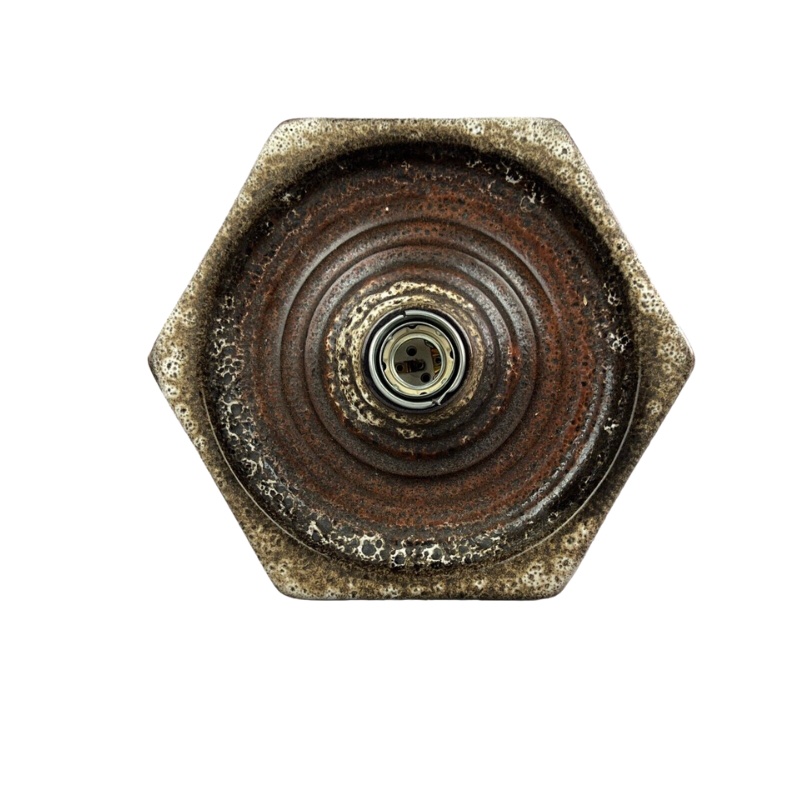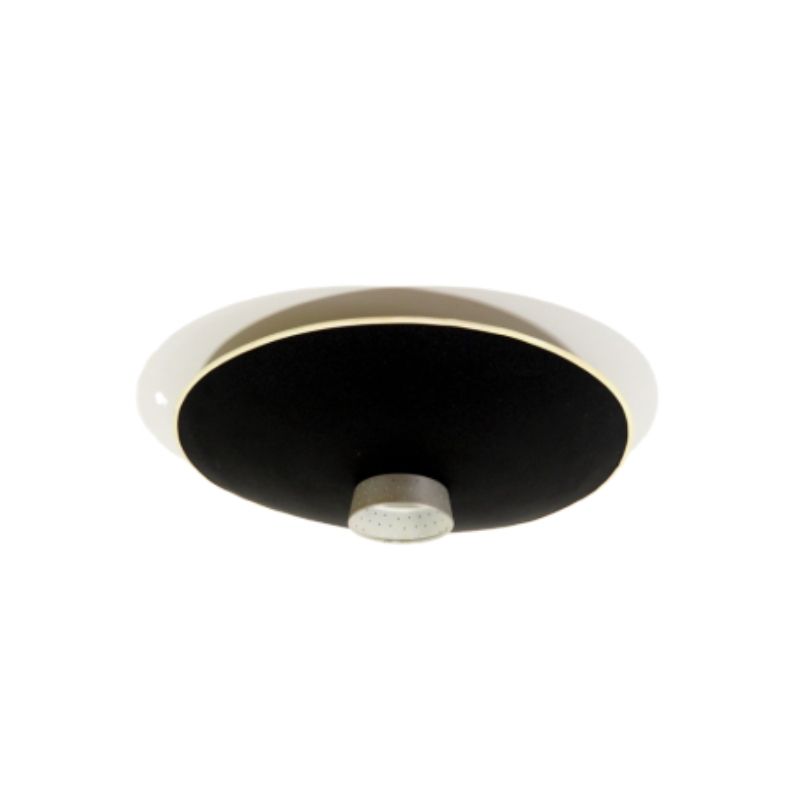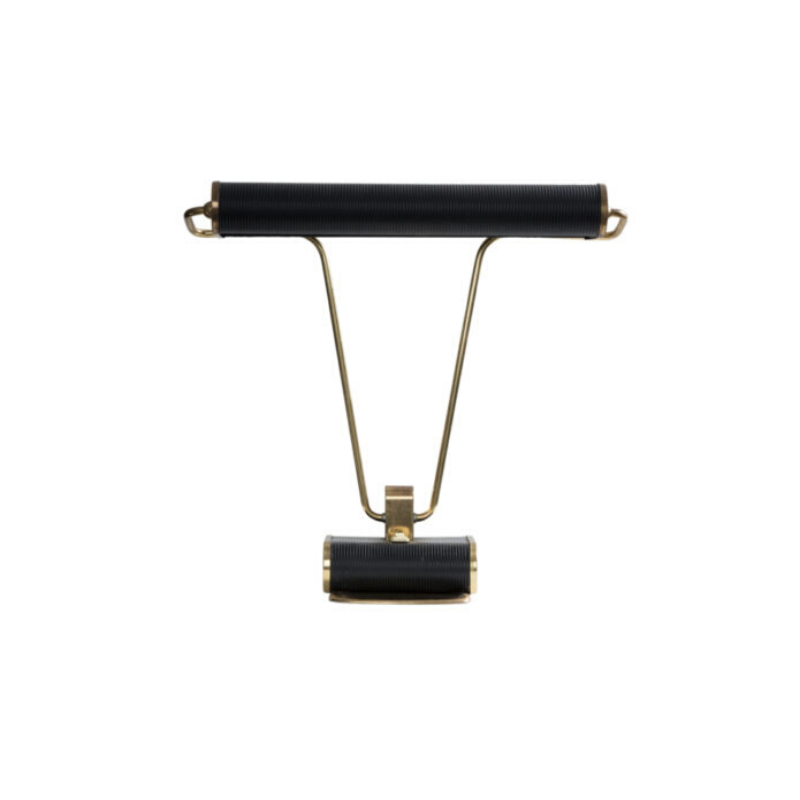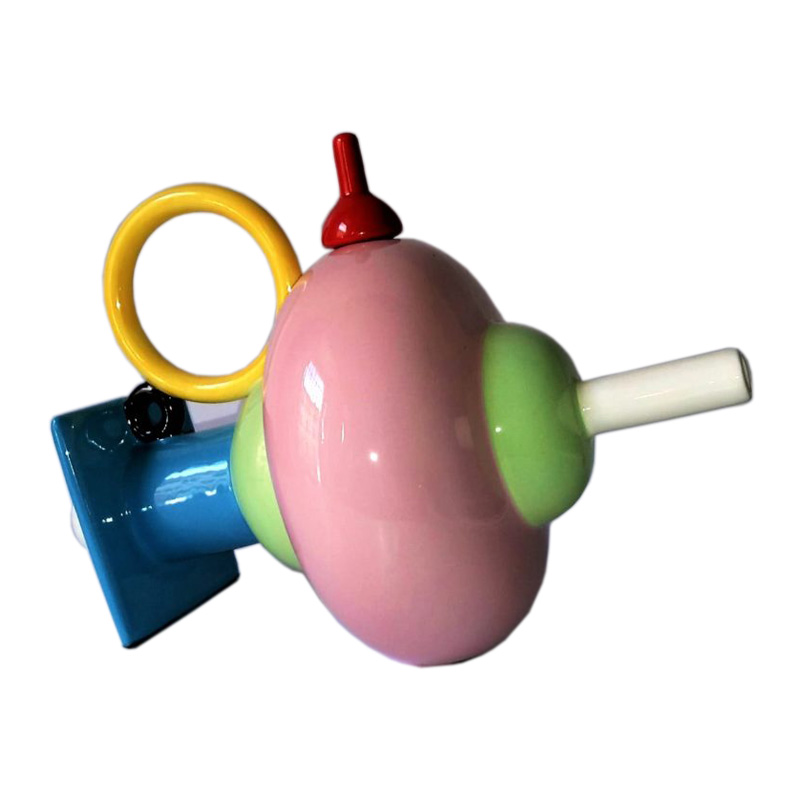An interesting double standard
It seems every time we turn around these days someone is making a buck (or two...or three) off of the good name of some early designer. What seems to be the biggest outcry is not necessarily the cost of the piece, but the fact that the original was supposed to fit the modernist ideal of affordability. This upset is understandable; the democratic nature of modern design is being subverted by the willingness of manufacturers to lionize these products and then charge an arm and a leg for them.
What I find curious is our willingness to cling to the past, to what WAS a revolutionary design, but what is now merely representational of an revolutionary design. At the same time that we all (myself included) decry this corrupting of the designers concept, design, intent, etc. we very often scoff at the present day apotheosis of affordable design: Ikea (and sometimes Target)
In the US. these two companies represent true modernist ideals. They offer furniture that is generally aesthetically pleasing (bear in mind, thats a subjective statement), furniture that is of honest materials (everyone KNOWS its particle board), comfort, and affordability. Its an interesting double standard to apply. (and a funny thought of paying 600$ for a Poang chair somewhere in the future)
What are we really after when we're kvetching about price tags? Actual modernist principles, or a nostalgic view of a 'pure and honest' design?
It seems
to me that form and price are two entirely separate issues. I also think that only some of our modernist heroes were devoted to "design for the masses." Of course we would all like the moon for a song, but there are actual cost imperatives to small producton runs of well-made minimalist furniture - not something that characterizes most of IKEA's offerings.
Without supporting the "snob appeal" factor of well-known modernist design (I have a smaller furniture budget than even the hungriest student) I think it is necessary to acknowledge the realities of the marketplace; no one (but the Salvation Army ?) has ever been in the business of "giving away" functional furniture !
I find a lot of Target's des...
I find a lot of Target's designs to be nice, then I get up close and see how already damaged they are while still on the store shelves. Of course I don't expect gold for silver, but most of their furniture won't stand up to what you put on them. I feel Ikea is above Target for quality and cheaper.
I think if you've ever owned...
I think if you've ever owned a truly high quality object (I mean more than some flim flam like an Eames chair) you'd only shop at those bloody places for coathangers and handkerchiefs.
I can't think of anyone I know who needs to shop at those places, all they do is satisfy an ugly desire for instant gratification.
The only new pieces of...
The only new pieces of furniture I've bought in the last 10 years were some book units from Ikea. They look OK I guess but they are, materials wise, junk. I don't see how cheap, poor quality materials of no durability represent honest affordable design. The other bookcases I use, Utility Scheme ones made during the War, mass produced, sold for a pittance and a few ration coupons, will outlast them by at least another 50 years (having been around 65 already). I think ultimately the likes of Ikea do a disservice to design by their philosophy that it doesn't matter that what you buy is knackered after 5 years normal use because its so cheap you can chuck it away and come and buy some more from them. Hardly a very green philosophy either. Ikea suck.
Everyone always thinks they are right
Six giant inflatable monkeys have appeared in cities across Scotland.
The 30ft creations by Austrian designer Stefan Sagmeister were inflated in Glasgow, Edinburgh, Inverness, Aberdeen, Dundee and Stirling from midday as part of the £3m Six Cities Design Festival starting today, the 17th of May.
The monkeys together spell out the phrase "everyone always thinks they are right."
http://news.bbc.co.uk/1/hi/in_pictures/6666611.stm
EVERYBODY
Sorry everybody; the BBC got it wrong, but they probably thought they were right as well. Check it out - a design festival.
I wonder if they are debating what the meaning of "is" is or perhaps pondering the threat that IKEA world dominance poses to peace in the middle east.
http://www.six-cities.com/
If you need any help, please contact us at – info@designaddict.com









